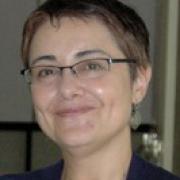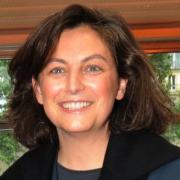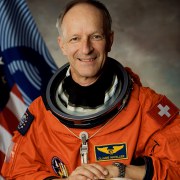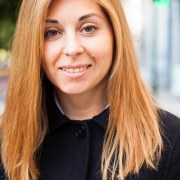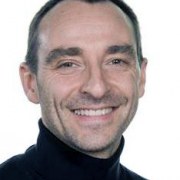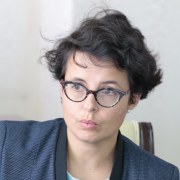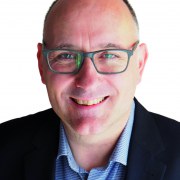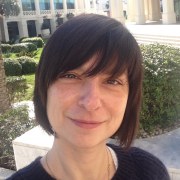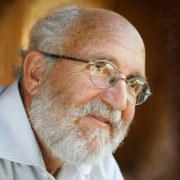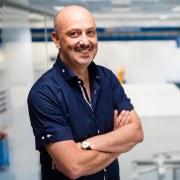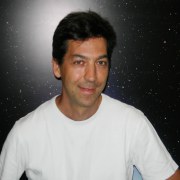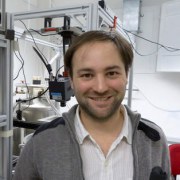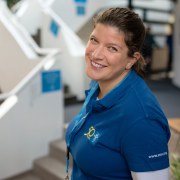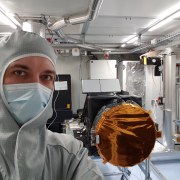Space for Life: engaging audiences
Since life on Earth is so common and resistant to extreme environments and since its chemical building blocks are found everywhere in the universe, several past and current missions have been searching for primitive life or conditions for life, in the Solar System and further away. How do we communicate these endeavours and make the most of their potential to engage audiences?
On the first day of this two-day in-depth workshop, participants will get an overview of latest discoveries thanks to speakers from the European Space Agency (ESA) and the Swiss space community and will explore engagement scenarios on the topic. On the second day, they will head out for a visit to two facilities of the Department of Astronomy of the University of Geneva: the Observatory of Sauverny and Écogia, host of the INTEGRAL Science Data Centre, at the forefront of Swiss space research, including exoplanetary research.
A detailed programme can be found here.
This workshop is organised by the European Space Agency – ESA – and the Ecsite Space Group, the Ecsite thematic group that aims to improve and extend communication about space science by helping science centres, space professionals and non-specialists to develop collaborative projects and events. The workshop is open to all, join!
Facilitator
Executive Director of Ciência Viva
Exhibitions, Shows and Development Director
Head of Outreach Coordination office
Session speakers
Professor Emeritus in Aerospace Engineering and former ESA astronaut
Swiss Federal Institute of Technology
Claude Nicollier is Professor Emeritus in Aerospace Engineering at the Swiss Federal Institute of Technology in Lausanne. His career as an European Space Agency astronaut spanned almost 40 years and includes four Space Shuttle flights and the role of Lead ESA astronaut at the Johnson Space Center in Houston, USA.
As the Ecsite Space Group contact person at Ecsite, Maria will share insights into the dissemination plan for the resources developed by the group and other opportunities to get involved with this thematic group.
During the fishbowl discussion “Is there Life out there?”, Pierre-Yves Frei will share insights into the development of the interactive museography of the exhibition “Exoplanètes” at the Natural History Museum of Geneva.
International and Institutional Affairs
Ines will participate in the fishbowl discussion “Is there Life out there?”.
Founder & Project Manager
During the fishbowl discussion “Is there Life out there?”, Guido will share with the group insights into gamification and immersive experiences based on his work at NCCR PlanetS and the Swiss Space Museum.
Ciutat de les Arts i les Ciències
Rosa Martí will present the “Alive!” board game, a resource developed under the second Pilot Project of the Ecsite Space Group "Is there Life out there?" and moderate a hands-on "play and discover" session with all participants.
Astronomer and Discoverer of the first exoplanet 51 Pegasi b
University of Geneva, Department of Astronomy
Michel Mayor is an honorary professor at the University of Geneva and remains active as a researcher. He will address participants during the visit to the Observatory of Geneva about his discovery, together with his PhD student Didier Queloz, of the first extra-solar planet 51 Peg b.
Astrophysicist and Principal Investigator of HARPS-N and ESPRESSO
University of Geneva, Department of Astronomy
Francesco Pepe is a professor of astronomy at the University of Geneva and the Principal Investigator of the ESPRESSO project, a new generation spectrograph searching for rocky extrasolar planets in the habitable zone of their star. During the visit to the Observatory of Geneva, he will discuss Earth-bound observations in Chile.
University of Geneva, INTEGRAL Science Data Centre
Stéphane Paltani is a professor in the Department of Astronomy at the University of Geneva. During the workshop, he will guide our visit to Écogia, host of the INTEGRAL Science Data Centre, and introduce its work on the current mission INTEGRAL and future mission Euclid.
Space Research & Planetary Sciences
University of Bern, Physics Institute
Antoine Pommerol has been involved in the development, testing and calibration of the CaSSIS imager of the Exomars Trace Gas Orbiter and is now working with the data generated by this mission, in order to better understand the current Martian climate and the role of water. During the visit to the Observatory of Geneva, he will facilitate an exploration of this institution's science engagement activities.
Garching bei München
Germany
Tania Johnston is the Supernove Coordinator at the European Southern Observatory - ESO. She has experience creating and delivering hands-on workshops and talks on a variety of scientific topics, to a wide range of audiences. During our visit to the Observatory of Geneva, she will present ESo's outreach resources.
Center for Space and Habitability (CSH), University of Bern
Thomas Beck is the System Engineer of the CHEOPS instrument for the first ESA S-class mission and was the technical responsible of the development, manufacturing and testing of the payload ensuring it meets the tight requirements it has been subjected to. During the visit to the Observatory of Geneva, he will share with participants his insights into this exciting mission.

